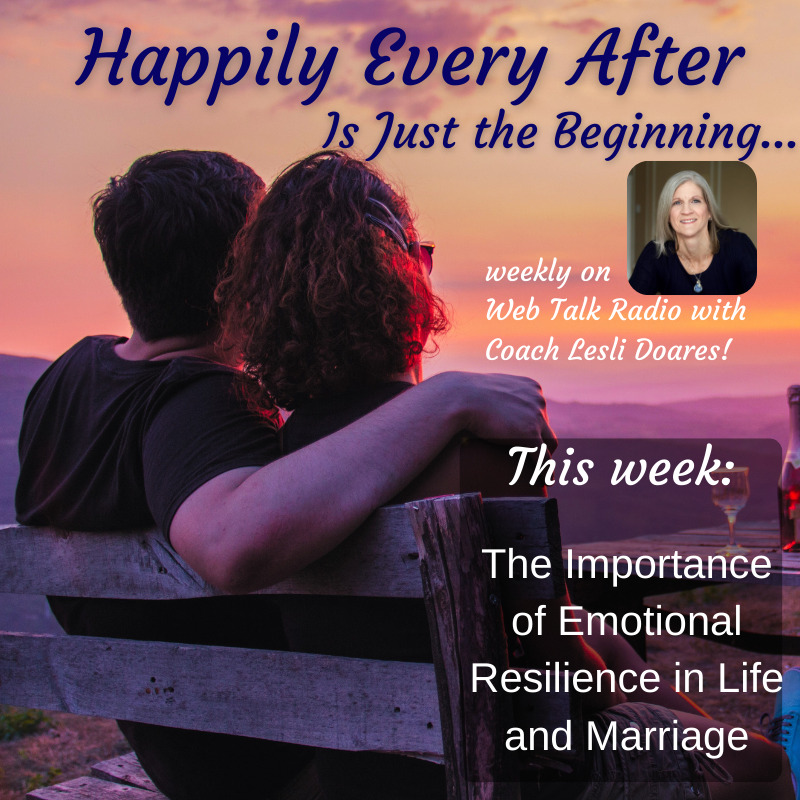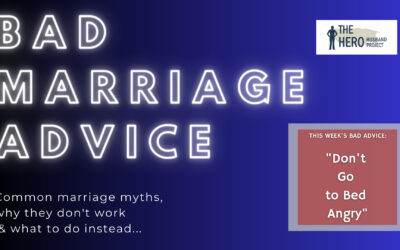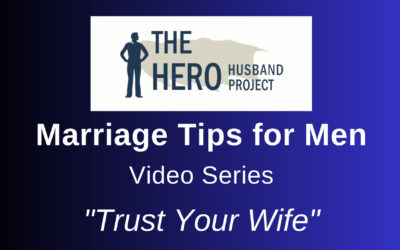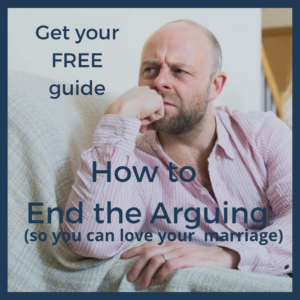No one likes criticism. Even if given “constructively”, it hurts. And when it comes from your wife? Even harder. How you respond to it can, and often, does make the situation worse. And this puts your marriage in danger.
Yes, she may be exaggerating your actions. Yes, she also may misunderstand your motives. And, yes, she may not offer her critique in a kind, loving way. But dismissing her experience or snubbing her request will not make things better. But you already know that.
There are three harmful ways people deal with criticism: defensiveness, blaming, and withdrawing. They all have something in common – they shift the focus from the person with the complaint to you, the one receiving it.
If your automatic reaction to criticism about something you did, or failed to do, is to get angry, point out where they’re wrong, or jump into an explanation about why what you did isn’t so bad, you are being defensive.
More subtle signs of defensiveness are rolling your eyes, smirking, heavy sighing, and the like. Even if they are non-verbal, they are just as damaging. Maybe more so.
Why “Don’t Go to Bed Angry” is Bad Marriage Advice
While it sounds good AND it is hard to go to sleep when you're upset, continuing a contentious conversation into the wee hours is not good for your marriage. Watch the Entire Bad Marriage Advice Series on YouTube
Rock the Boat
If your theme song for your marriage is "don't rock the boat" your marriage is in trouble, here's why. Watch the Entire Marriage Tips for Men Series on YouTube
Trust Your Wife
Do you trust your wife to have your back and support you unconditionally? Many men don't and that is really sad! Lesli shares 3 reasons why you don't trust your wife and the one thing you can do to change that. Watch the Entire Marriage Tips for Men Series on ...
Blaming is another common way negative feedback is handled. Instead of acknowledging your behavior, you blame the other person for “making” you take the actions you did.
- You yelled because they made you mad
- You lied because they get upset what you were doing
- You are justified because they hurt you too
The truth is that no matter what anyone else does, you are responsible for your actions. No one can “make” you do anything.
Blaming is a habit you develop that allows you to avoid responsibility by putting it on someone else. And it has no place in a healthy, emotionally mature relationship.
Finally, there is withdrawing. When someone criticizes you, you shut down. Refuse to talk. You might even remove yourself from their presence. Not for an hour. Not for a few hours. But for days.
Withdrawing is a form of punishment. And that’s what you intend when you do it. You don’t like what you’re hearing so you refuse to engage. Not just on the subject at hand, but in any way on any subject.
All of these behaviors are harmful to your relationship. They are indications of at least one, maybe two, of marriage guru John Gottman’s Four Horseman – unproductive communication patterns that predict divorce.
If you engage in any of these behaviors, you’re not alone. But you don’t have to continue to do them. And having a happy marriage depends on you stopping them. And the sooner the better.
My colleague Lisa Merlo-Booth has just the thing to get you started. She is offering help in her Tackling Defensiveness 101 program. You can check it out here.
Around the Web This Week









